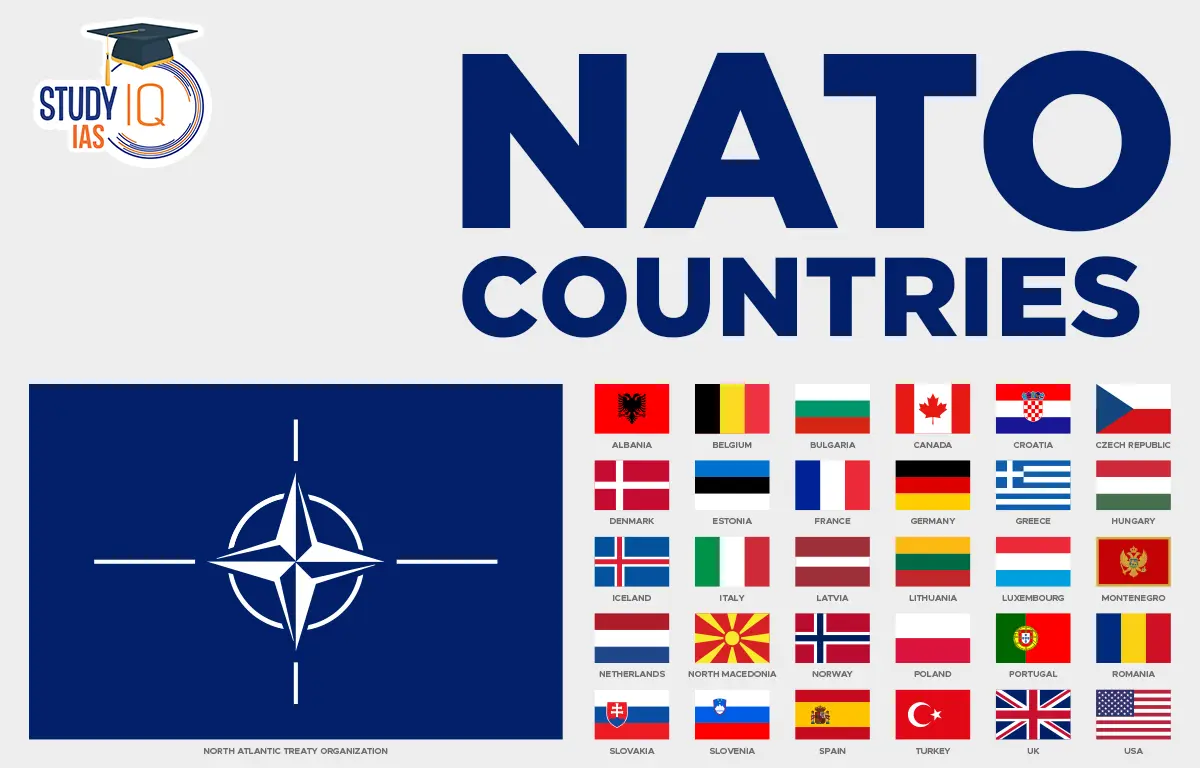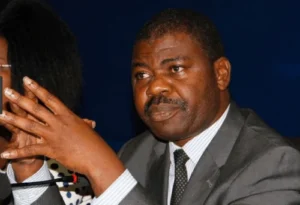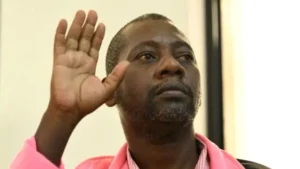NATO leaders are gathering in Vilnius for a two-day summit, starting Today, July 11, 2023. The summit holds significant importance for the Western security alliance as it seeks to address challenges such as the ongoing war in Ukraine and the perceived military threat from China.
While presenting a united front is desirable, there are several key issues that may spark discussions and debates among the leaders.
- Pathway to Ukraine’s Membership: With the war in Europe as the backdrop, Ukraine is a major topic of discussion. While NATO members have been providing individual aid to Kyiv, the desired goal for Ukraine is full membership in NATO. However, granting membership while Ukraine remains at war poses a challenge, and the allies are divided on the issue.
- Sweden’s Bid for Membership: Finland recently joined NATO, and Sweden hopes to be the next Nordic state to join, possibly becoming the 32nd member at the summit. Turkey had previously blocked Sweden’s bid due to concerns about Kurdish “terrorists” being harbored in the country. However, Turkish President Recep Tayyip Erdoğan has agreed to forward Sweden’s bid to the Turkish parliament for ratification, indicating a positive development.
- Benefits and Considerations of NATO Membership: NATO membership offers collective defense through Article 5 of the North Atlantic Treaty, where an attack on one member is considered an attack on all. However, the response to an attack is not prescribed, allowing each ally to decide the best course of action. Joining NATO provides security guarantees but also requires meeting political and military standards.
- The End of Neutrality: The desire of Finland and Sweden to join NATO reflects a shift in the traditionally neutral stance of smaller nations. As these countries recalibrate their position in a polarized world, the prospect of joining NATO emerges as a viable option, potentially reducing Russia’s influence in the region.
- Controversy Over Cluster Bombs: A contentious issue arose before the summit as the Biden administration announced its intention to supply Ukraine with cluster bombs. However, several NATO countries, including Germany, the UK, and Canada, which have signed a treaty banning the use of cluster bombs, expressed concerns over this decision. The provision of cluster weapons could have broader implications for international efforts to eliminate their use.
Read also: Ukrainian Cities Targeted by Russian Drones Ahead of NATO Summit
In an interview, Walter “Rick” Landgraf, a strategic and international engagements chief at the Pentagon, discussed the implications of the summit for Ukraine and Georgia. Landgraf acknowledged the similarities between the two countries in terms of geopolitical circumstances and aspirations to join Western institutions.
He anticipated that NATO would reaffirm the Bucharest decision and express support for both countries’ preparation for eventual membership, while recognizing the need for further reforms and discussing the Membership Action Plan (MAP) as the next step.
However, Landgraf acknowledged the challenges posed by the unresolved territorial disputes in Georgia and the ongoing war in Ukraine. He emphasized the importance of Article 5, which guarantees mutual defense, but also highlighted the need for a “real conversation” regarding its application to territorial disputes. The interview also touched upon NATO fatigue and the importance of recommitting to the relationship between NATO and Ukraine and Georgia.
Read also: IFRC Global Innovation Summit 2023: Revolutionizing Humanitarian Action
Overall, the NATO summit in Vilnius is expected to address various critical issues related to Ukraine’s membership, Sweden’s bid for NATO, the benefits of NATO membership, the end of neutrality, and controversy surrounding cluster bombs. The outcomes of these discussions will shape the future direction of NATO and its engagement with member and aspiring countries.
Subscribe to Switch TV
















